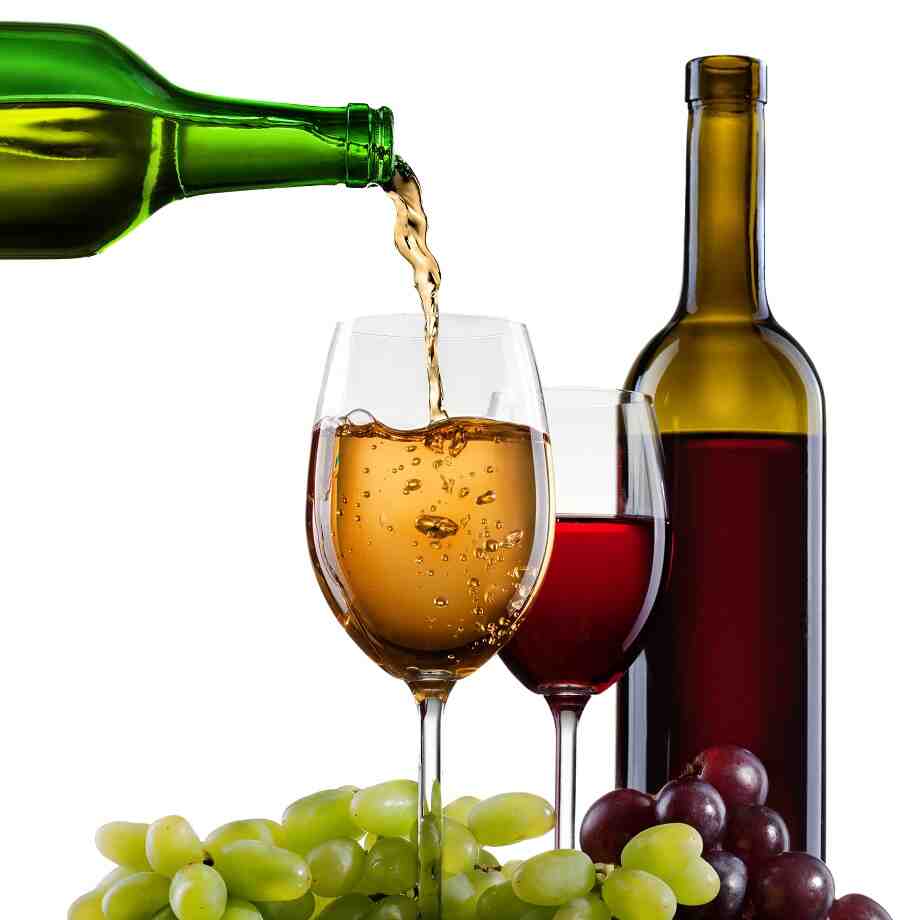A Closer Look at Sustainable Wine Production Practices
The wine industry, like many other agricultural sectors, has been under increasing pressure to adopt more sustainable practices. Consumers are becoming more conscious of how their choices affect the environment, and as a result, wineries around the world are rethinking how they produce wine. Sustainable wine production is no longer just a trend; it has become a necessity as wineries work to balance the need for quality wine with the responsibility of protecting the planet. In this article, we will explore what sustainable wine production entails, why it matters, and how it benefits both the environment and the industry.
What is Sustainable Wine Production?
Sustainable wine production refers to the practice of creating wine in a way that is environmentally responsible, socially equitable, and economically viable. It focuses on minimizing negative impacts on the ecosystem, conserving natural resources, and improving the long-term health of both the vineyard and the surrounding environment. The aim is not only to reduce the carbon footprint but also to support biodiversity, promote ethical working conditions, and preserve the land for future generations.
Sustainable practices in winemaking span a variety of methods, including the management of the vineyard, water use, energy consumption, waste management, and the use of chemicals. Sustainable wine production is distinct from organic and biodynamic farming in that it does not necessarily require the exclusion of all synthetic chemicals or fertilizers, but it does emphasize minimizing their use and maximizing environmental stewardship.
Key Elements of Sustainable Wine Production
Sustainable wine production is based on three key pillars: environmental stewardship, economic viability, and social responsibility. Let’s take a closer look at how wineries are incorporating these elements into their practices.
1. Environmental Stewardship
The environmental aspect of sustainability is perhaps the most well-known, and it involves reducing the winery’s impact on the environment while promoting the health of the ecosystem. Key practices include:
- Water Conservation: Water usage is a critical concern for vineyards, particularly in areas like California, where droughts are common. Wineries are adopting efficient irrigation systems, such as drip irrigation, which minimizes water waste by delivering water directly to the roots of the vines. Some wineries also implement rainwater harvesting systems to collect and use rainwater for irrigation, further conserving precious water resources.
- Soil Health and Erosion Control: Sustainable wineries often implement practices that improve soil health, such as cover cropping (planting crops like legumes between rows of vines to fix nitrogen and prevent soil erosion). Some also use no-till farming techniques to minimize soil disturbance, which helps to maintain soil structure and encourage biodiversity. Healthy soil is critical not only for producing high-quality grapes but also for maintaining a sustainable ecosystem.
- Pest and Disease Management: Rather than relying on synthetic pesticides and herbicides, many sustainable wineries use integrated pest management (IPM) practices. This includes natural methods of pest control, such as introducing beneficial insects (like ladybugs to control aphids) or using organic sprays made from plant-based substances. These methods help to protect the environment from harmful chemicals while maintaining healthy vineyard ecosystems.
- Energy Efficiency: Wineries are increasingly focusing on reducing their carbon footprint by implementing energy-efficient practices in both the vineyard and the winery. This may include installing solar panels, using energy-efficient equipment, and optimizing heating and cooling systems. Some wineries even produce their own renewable energy, contributing to a reduction in overall energy consumption and reliance on fossil fuels.
2. Economic Viability
Sustainability is not just about doing what’s right for the environment—it’s also about ensuring the winery can continue to thrive economically while producing quality wine. Sustainable wineries aim to create a balance between eco-friendly practices and long-term financial stability. This includes:
- Local Sourcing and Economic Resilience: Many sustainable wineries focus on supporting local communities by sourcing materials, labor, and services from nearby businesses. By doing so, they help stimulate the local economy while also reducing their environmental impact from transportation. Sustainable wine production can also result in more efficient use of resources, lowering operational costs over time.
- Long-Term Investment in Sustainability: Sustainable practices often require upfront investments, whether in water-efficient irrigation systems, energy-efficient equipment, or environmentally friendly packaging. However, the benefits of these investments can pay off in the long term, reducing costs and improving the quality of the wine. As sustainability becomes more important to consumers, wineries that embrace sustainable practices may also see a competitive advantage in the marketplace.
- Waste Reduction and Recycling: Sustainable wineries focus on minimizing waste in all aspects of their production. This includes reducing packaging waste, reusing or recycling materials, and repurposing byproducts like grape pomace (the leftover skins and seeds after pressing) into compost or biofuel. Efficient waste management practices reduce costs and lower the environmental impact of wine production.
3. Social Responsibility
Sustainability isn’t just about the land and the bottom line; it also involves the people who work in the vineyards and wineries, as well as the communities surrounding them. Social responsibility in wine production includes:
- Fair Labor Practices: Sustainable wineries are committed to providing fair wages, safe working conditions, and opportunities for skill development to their workers. This is an important aspect of social responsibility, as workers in the wine industry often face physically demanding and seasonal labor. By fostering a positive and ethical work environment, wineries can ensure the wellbeing of their employees and help strengthen their communities.
- Community Engagement: Many sustainable wineries prioritize giving back to their communities through various initiatives. This could include donating to local charities, hosting educational programs for consumers, or promoting local agriculture and biodiversity. By investing in their communities, wineries build goodwill and strengthen their ties to the region.
- Transparency: Sustainability also involves being transparent about practices. Wineries that adopt sustainable practices often make an effort to educate their customers and the public about their methods. Many wineries are certified by third-party organizations, such as Certified California Sustainable Winegrowing (CCSW) or Sustainable Winegrowing New Zealand (SWNZ), which sets high standards for environmental and social responsibility in winemaking. Certification provides consumers with confidence that the winery is committed to sustainability.
Benefits of Sustainable Wine Production
Sustainable wine production offers several benefits, both for the environment and for the wine industry itself:
- Reduced Environmental Impact: By conserving resources like water and energy, reducing waste, and promoting biodiversity, sustainable practices help to lessen the overall impact of winemaking on the planet. This can contribute to a healthier ecosystem and a reduction in greenhouse gas emissions.
- Enhanced Wine Quality: Sustainable practices often lead to healthier soils, better grape quality, and more consistent vineyard yields. By focusing on long-term environmental health, sustainable wineries produce wines that reflect the unique terroir of their vineyards, resulting in wines with greater depth and complexity.
- Market Demand: Consumers are increasingly drawn to sustainable products, and the demand for sustainably produced wines is on the rise. Many consumers are willing to pay a premium for wines that align with their values, such as those that are organic, biodynamic, or sustainably produced. For wineries, adopting sustainable practices can be an effective way to meet this growing demand and differentiate themselves in a competitive market.
- Long-Term Viability: By focusing on sustainability, wineries ensure that their vineyards and production methods are viable for generations to come. Sustainable practices help to future-proof wineries, protecting them from environmental and economic challenges, such as climate change, water scarcity, or fluctuating market conditions.
Conclusion: The Future of Sustainable Wine Production
Sustainable wine production is more than just a passing trend—it is an essential part of the future of winemaking. As environmental and social concerns continue to shape global industries, the wine world is increasingly focused on ensuring that the production of wine is both responsible and viable in the long term. From reducing waste and conserving water to supporting fair labor practices and local communities, sustainable wineries are making strides toward creating a wine industry that benefits everyone—consumers, producers, and the planet alike.
For wine enthusiasts, supporting sustainable wineries means not only enjoying delicious wines but also contributing to a positive and lasting impact on the environment and society. As sustainability continues to shape the industry, it’s clear that the future of wine will be one that is mindful, responsible, and deeply connected to the land and people who produce it.











